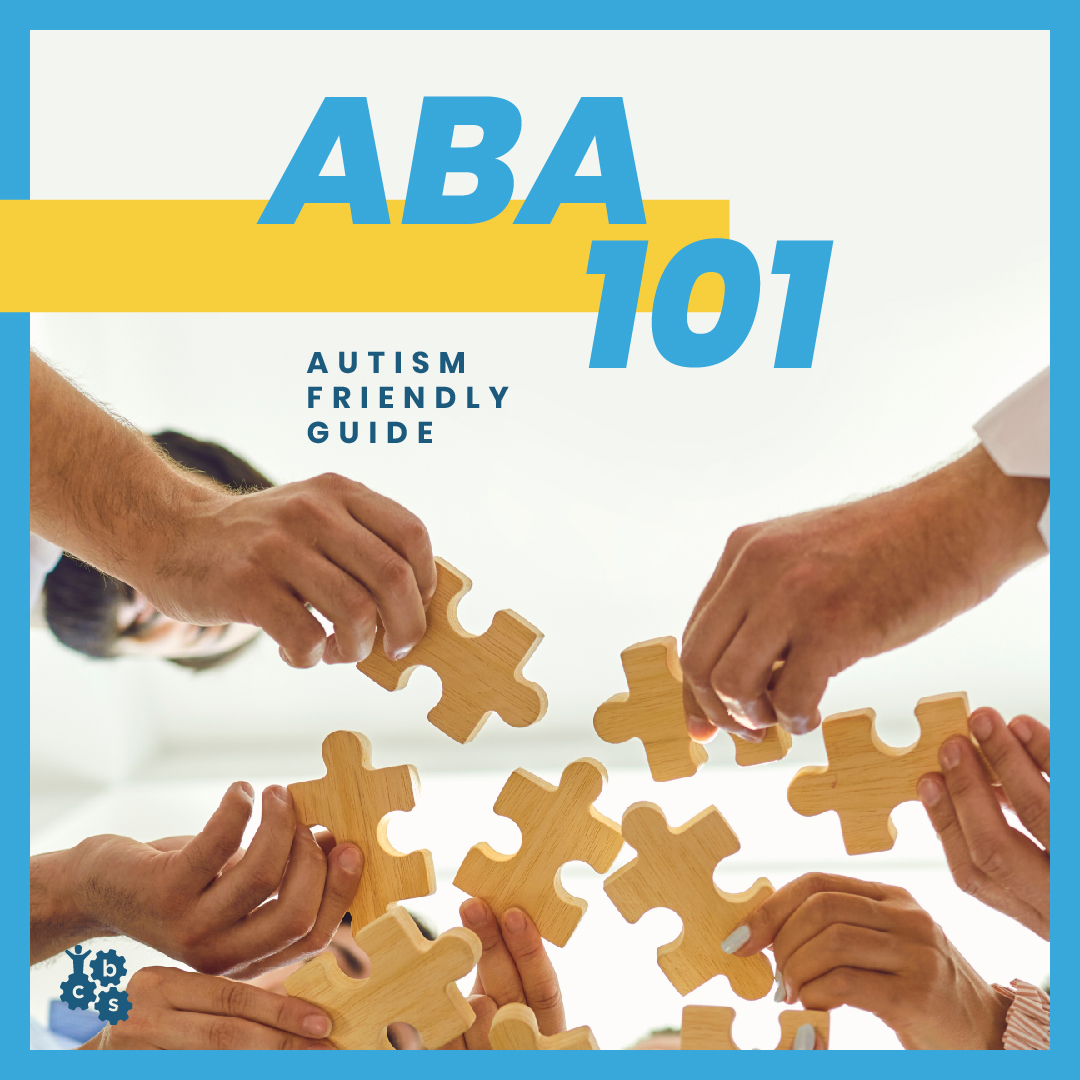- Parent Resources
- Guides
- Social Stories
- BCBA CEUs
- Report an Ethical Concern
- Behavior Technician Toolbox
Parent Resources
Staying Sane During the Winter Months
ABA 101
How Can I Best Prepare for an ABA Therapist in My Home
7 Resources for Newly Autism Parents
How to Encourage Parents to Engage in their Child's ABA Treatment
ABA: The Basics in a Child's Development
A Day in the Life of a BCBA
Parent's Role in ABA Therapy
Fireworks: Navigating the Spectacle with Sensitivity
Providing ABA Therapy to Adolescents
Exploring the World Safely: Practical Tips for Teaching Street and Outdoor Safety
Guide to Social Security Disability Benefits
From Struggles to Strength
A Comprehensive Guide to Riding the School Bus: Tips for a Safe and Fun Journey
How ABA Therapy Works Under the Commercial Insurance Model: Detailed Guide
Parent Support Group
© 2025 CB - SUPPORT. All rights reserved.
- Toll-free: 1-866-222-1111
- Corporate office: 212-ABA-4ASD (222-4273)
- Corporate Headquarters: 1649 61st Street Suite 301 Brooklyn, NY 11204
Click here to talk with
a Care Specialist


























